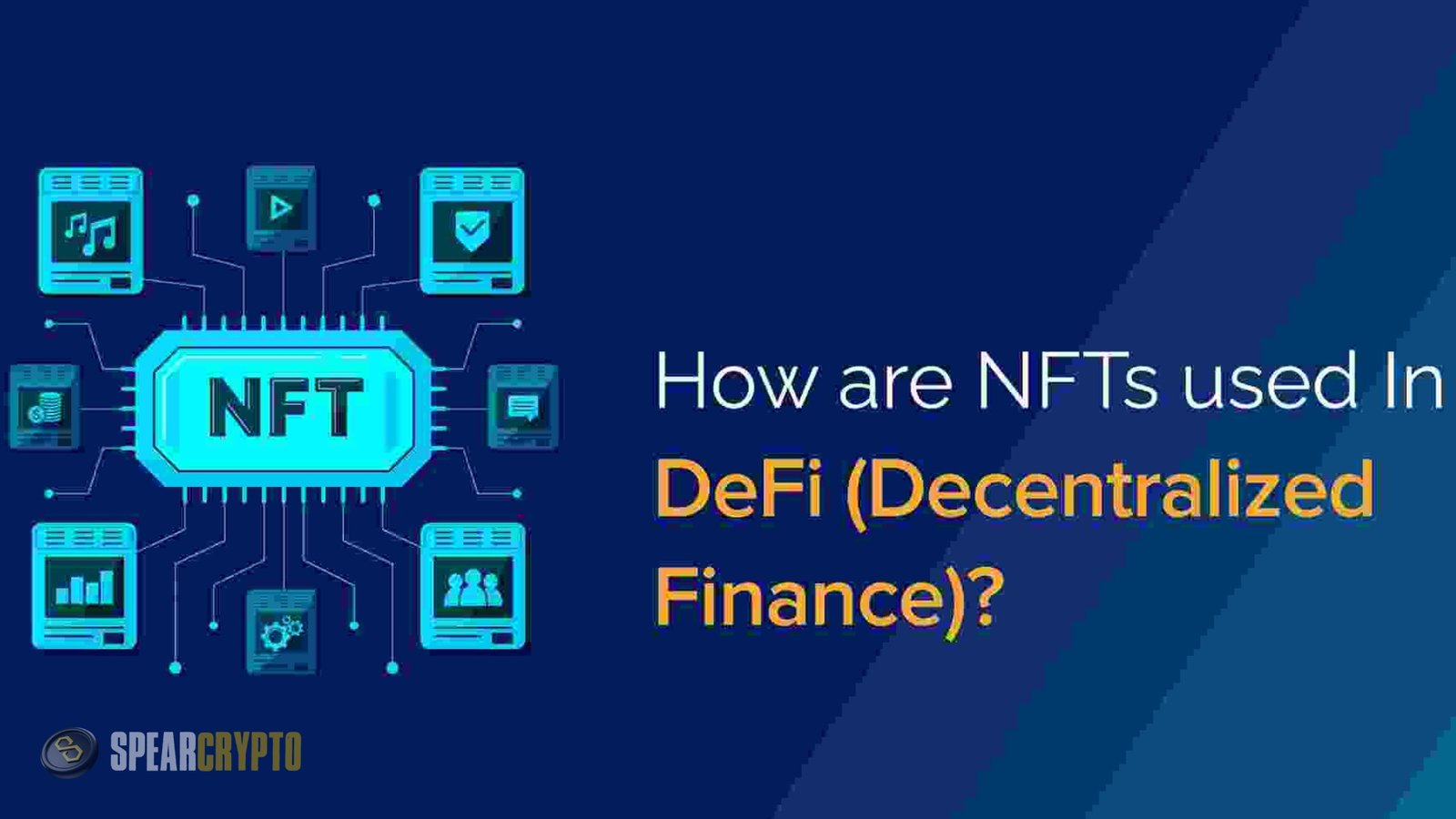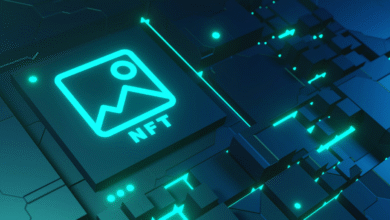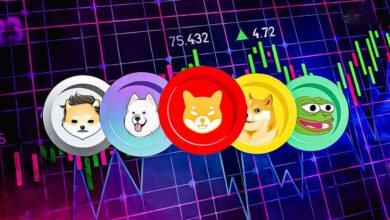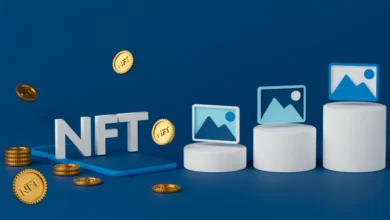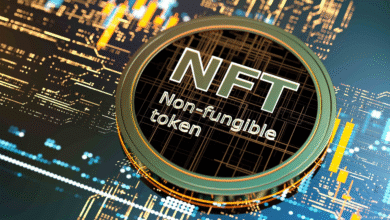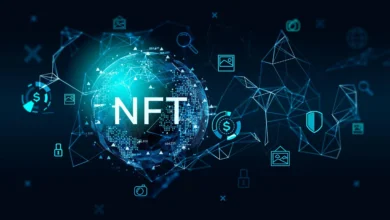
The use of NFTs has helped solve the age-old problem of duplication and scarcity in the digital art world. Piracy and illegal copying have long been problems for digital art, threatening both. The medium’s worth and the artists’ ability to make a living. But today, with NFTs, artists can make and sell one-of-a-kind digital artworks, creating an illusion of scarcity. That was before unimaginable in the digital space.
NFTs function by using the blockchain to confirm the legitimacy and ownership of a digital piece of art. So, while everybody can see, download, or store a picture of a CryptoPunk, for example. The NFT owner can verify ownership of the artwork. This idea is among the most well-known applications of NFTs since it has caused a seismic shift in digital art. The true worth of an artwork is not in its aesthetic qualities but in the documentation that certifies ownership of the one-of-a-kind possession.
NFTs in Collectibles
NFTs have made a big name in digital collectibles by satisfying the growing consumer desire for distinctive, downloadable products like virtual pets or trading cards. In this industry, digital trading cards and other virtual goods with distinctive value derived from their scarcity and uniqueness are the most prominent Use Cases of NFTs. Consider the NBA NFT trading cards, which have become very popular with the general public.
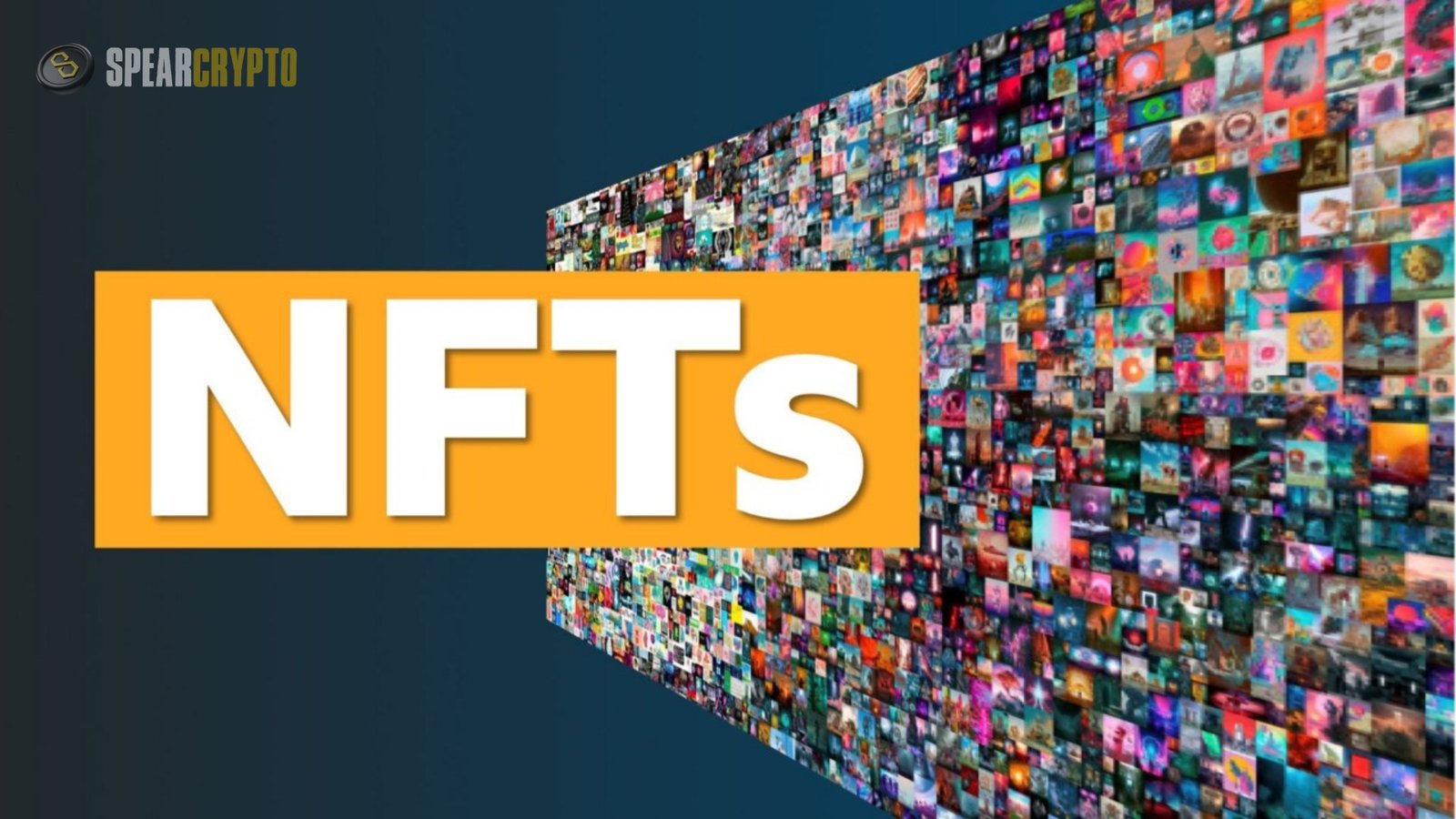
Jack Dorsey’s first tweet, offered for sale as an NFT collectible, is another example of a collectible. It is only valuable as a collectible, much like an electronic autograph. By verifying ownership using the original creator’s Twitter handle, these NFTs become digital collectibles that can be traded or kept as treasures.
NFTs in Gaming
NFTs also help the gaming business since they may represent exclusive, tradeable in-game objects that combine elements of art, collectability, and player utility. Unique, tradable, and purchasable objects have always been in high demand in the gaming industry, and their scarcity directly affects their price. Players were previously familiar with the idea of valued digital goods through in-game purchases and microtransactions. However, adding NFTs has improved the experience by giving players exclusive tokens that blend collectability, function, and art elements.
For example, NFTs are marketable products and pets in games with blockchain integration, such as Battle Pets and Axie Infinity, which can also be purchased or sold on third-party marketplaces. While many of these gaming NFTs are functional, others are only decorative. For example, a pet’s unique fighting skills in Axie Infinity influence its trade-in value.
Use Cases of NFTs in DeFi
Another sector of the cryptocurrency economy that can be integrated with NFTs is Decentralized Finance, which can be used as a gateway to access particular DeFi pools in token staking models. One such model is presented by JustLiquidity, a DeFi platform, where users stake a pair of tokens in a pool for a set amount of time to obtain an NFT, which then serves as a pass to the next pool. After the NFT is used, it is destroyed, thereby generating a secondary market based on the access these pools grant.
NFTs in Music and Entertainment
NFTs are beginning to show signs of impacting the music and entertainment sectors by offering novel answers to enduring problems. One of the main issues facing the music industry is ensuring equitable royalties are distributed to musicians. By giving musicians a new avenue to sell their music and royalties, NFTs are beginning to take centre stage as a potential solution to this issue. This ensures a more equal paradigm for music distribution. Independent musicians, for instance, can use BNB Chain platforms like Rocki to sell their songs and earn royalties through NFTs.
Furthermore, NFTs are being used in the entertainment sector as a whole. Tokenizing their creations or brands into NFTs allows celebrities and artists to give people a unique opportunity to interact with them.
Use Cases of NFTs in Real Estate
NFTs can bring a new era of digital property ownership and transactions in the real estate industry. However, depending on the jurisdiction, some legal changes may first need to be completed. Historically, Physical deeds have been used to prove property ownership, which can be laborious and ineffective. NFTs may provide a solution by tokenizing these property deeds and enabling their transfer to the blockchain. This digital depiction of property ownership makes possible more open and transparent. They trade real estate assets—generally seen as illicit.
For example, in 2021, a piece of crypto art was tied to a California property listed as an NFT for sale. The NFT and the ownership of the house would be given to the auction winner. Similarly, an NFT can act as a certificate of authenticity for more minors, such as jewellery, which is essential to demonstrate rightful ownership during resale.
NFTs in Charity Fundraising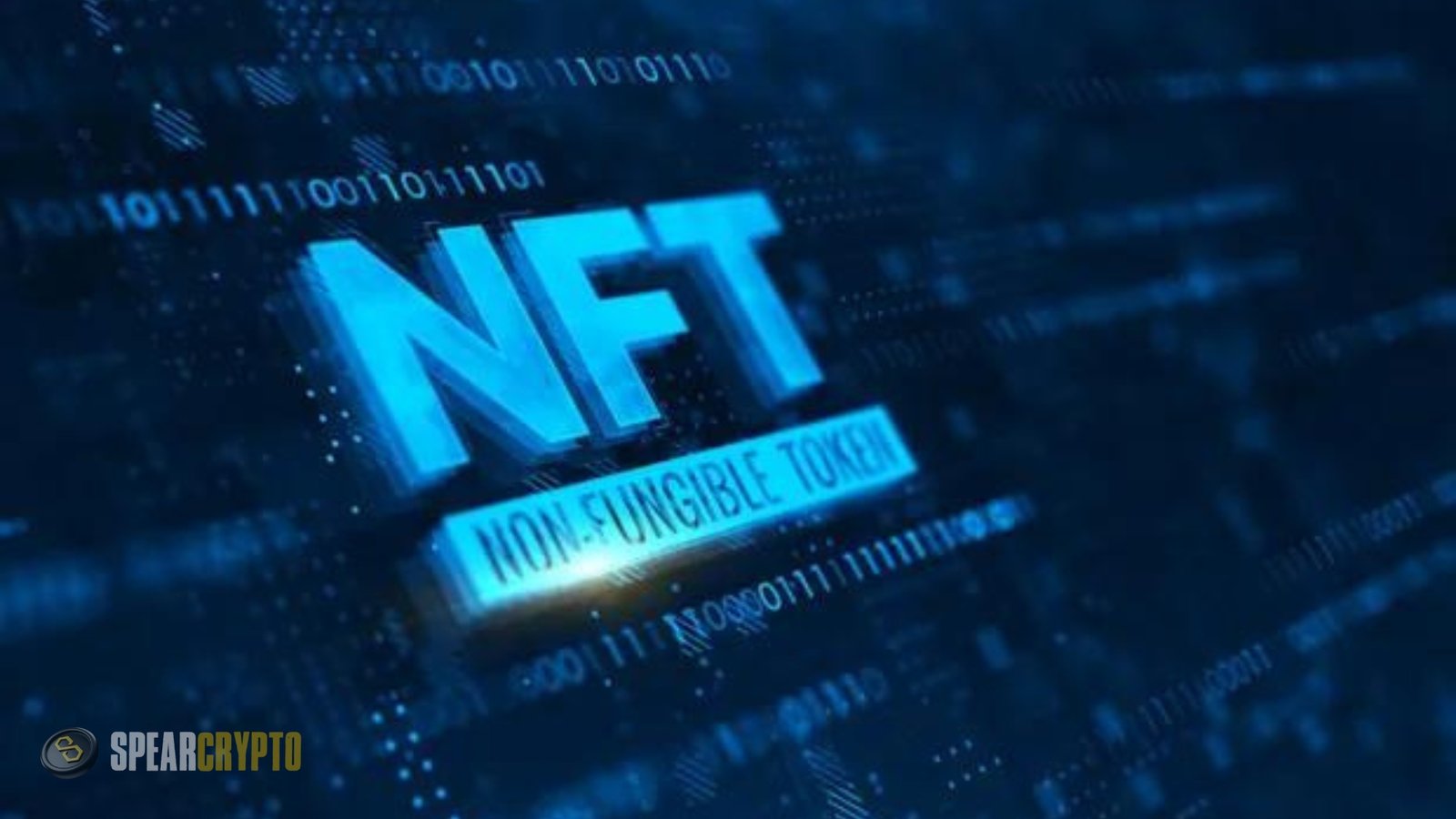
Additionally, NFTs are beginning to see promise in fundraising for charitable causes. For example, a charitable organization could create an NFT representing. A particular project or cause and auction it to the highest bidder. The successful bidder would receive ownership of a distinctive digital asset representing their contribution, and the auction earnings would be sent directly to the charitable organization. This would allow donors a unique method to assist issues they care about and give the charity a new funding source.
In addition, NFTs’ blockchain technology guarantees fund traceability and transparency, allaying widespread worries about responsibility in charitable fundraising. It’s crucial to remember that the Use Cases of NFTs for charitable fundraising are still in their infancy. That regulatory issues and other possible difficulties must be thoroughly investigated.
Use Cases of NFTs in Identity Verification
Since fraud and identity theft are serious issues, NFTs are also valuable for identity verification. They may answer the problem of centralized databases used in traditional identity verification techniques, which are prone to hacking and data leaks.
It is possible to tokenize a person’s identity to create an NFT, a blockchain-based, verifiable identification verification. This NFT can verify a person’s identification in various situations, such as online purchases or gaining access to digital services. Crucially, the person retains control over their NFT, guaranteeing that no personal information is disclosed without permission.
Although the application of NFTs to identity verification is still in its infancy, it has great promise. As the technology develops and matures, we may anticipate more extensive. NFT use in this sector completely changes how we authenticate and safeguard our identities online.

